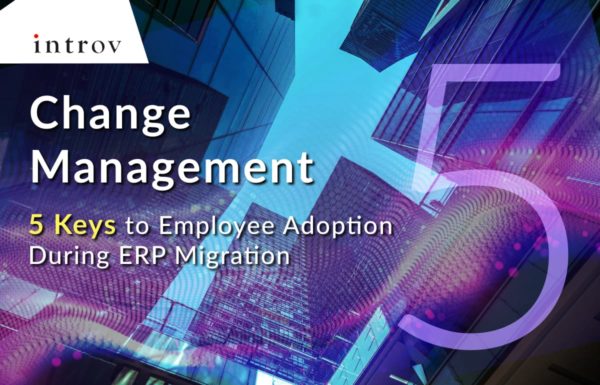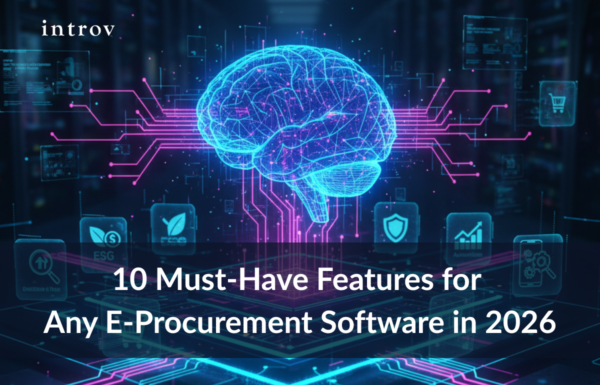As a CEO or CFO, you’re constantly navigating the challenges of staying competitive and driving growth. In today’s digital age, technology isn’t just a support function—it’s a catalyst for transformation. Let’s explore how integrating the right technologies can streamline operations and propel your business toward strategic growth.
1. Embrace Cloud Computing for Agility
Gone are the days when businesses relied solely on physical infrastructure. Cloud computing has revolutionized the way organizations operate. By migrating to cloud-based solutions, you gain flexibility, scalability, and cost-efficiency. Companies like Netflix have harnessed cloud technology to handle vast amounts of data and offer seamless streaming services globally. For CEOs and CFOs, the cloud provides the agility to scale operations up or down based on demand, ensuring you’re always ready for growth.
2. Leverage Data Analytics for Informed Decision-Making
In the era of big data, informed decision-making is a game-changer. Data analytics tools can sift through massive datasets to uncover trends and insights that were previously hidden. For example, Amazon uses data analytics to enhance customer experience by recommending products based on previous purchases. As a leader, investing in analytics platforms allows you to make strategic decisions rooted in data, optimizing everything from supply chain management to marketing strategies.
3. Implement AI and Machine Learning for Efficiency
Artificial Intelligence (AI) and Machine Learning (ML) are no longer futuristic concepts—they’re here, and they’re transforming industries. AI can automate routine tasks, freeing up your team to focus on innovation and strategy. For instance, chatbots powered by AI handle customer inquiries efficiently, providing 24/7 support. As a CEO or CFO, integrating AI into your operations can streamline processes, reduce costs, and enhance customer satisfaction.
4. Strengthen Cybersecurity Measures
As businesses become more digital, cybersecurity is paramount. Protecting your data and systems from cyber threats is critical to maintaining trust and compliance. Implementing robust cybersecurity measures, such as multi-factor authentication and encryption, can safeguard your digital assets. Companies like Microsoft prioritize cybersecurity, ensuring their cloud services are secure and reliable. For future-focused leaders, investing in cybersecurity is a non-negotiable part of your technology strategy.
5. Foster a Culture of Innovation
Technology integration is not just about tools—it’s about mindset. Encourage a culture where innovation thrives, and employees feel empowered to embrace new technologies. Google, known for its innovative culture, encourages employees to spend a portion of their time on passion projects, fostering creativity and new ideas. As a CEO or CFO, fostering an innovative culture ensures your team is adaptable and ready to leverage new technologies for growth.
6. Utilize ERP Systems for Seamless Integration
Enterprise Resource Planning (ERP) systems are vital for integrating various business processes into a single cohesive system. By streamlining operations such as finance, HR, and supply chain, ERP solutions like Oracle NetSuite offer real-time insights and improve efficiency. For leaders, implementing an ERP system means having a holistic view of your operations, enabling better decision-making and strategic planning.
Incorporating technology into your business strategy isn’t just beneficial—it’s essential for future growth. By embracing cloud computing, leveraging data analytics, integrating AI, prioritizing cybersecurity, fostering innovation, and utilizing ERP systems, CEOs and CFOs can drive their organizations toward sustained success. Prepare your business for the future by integrating these technologies and watch as they transform challenges into opportunities for growth.









